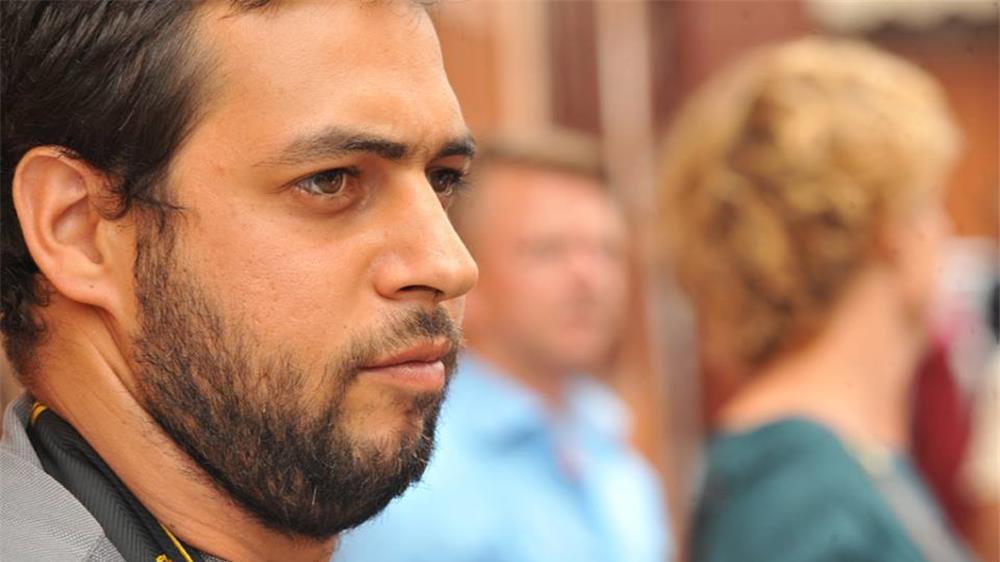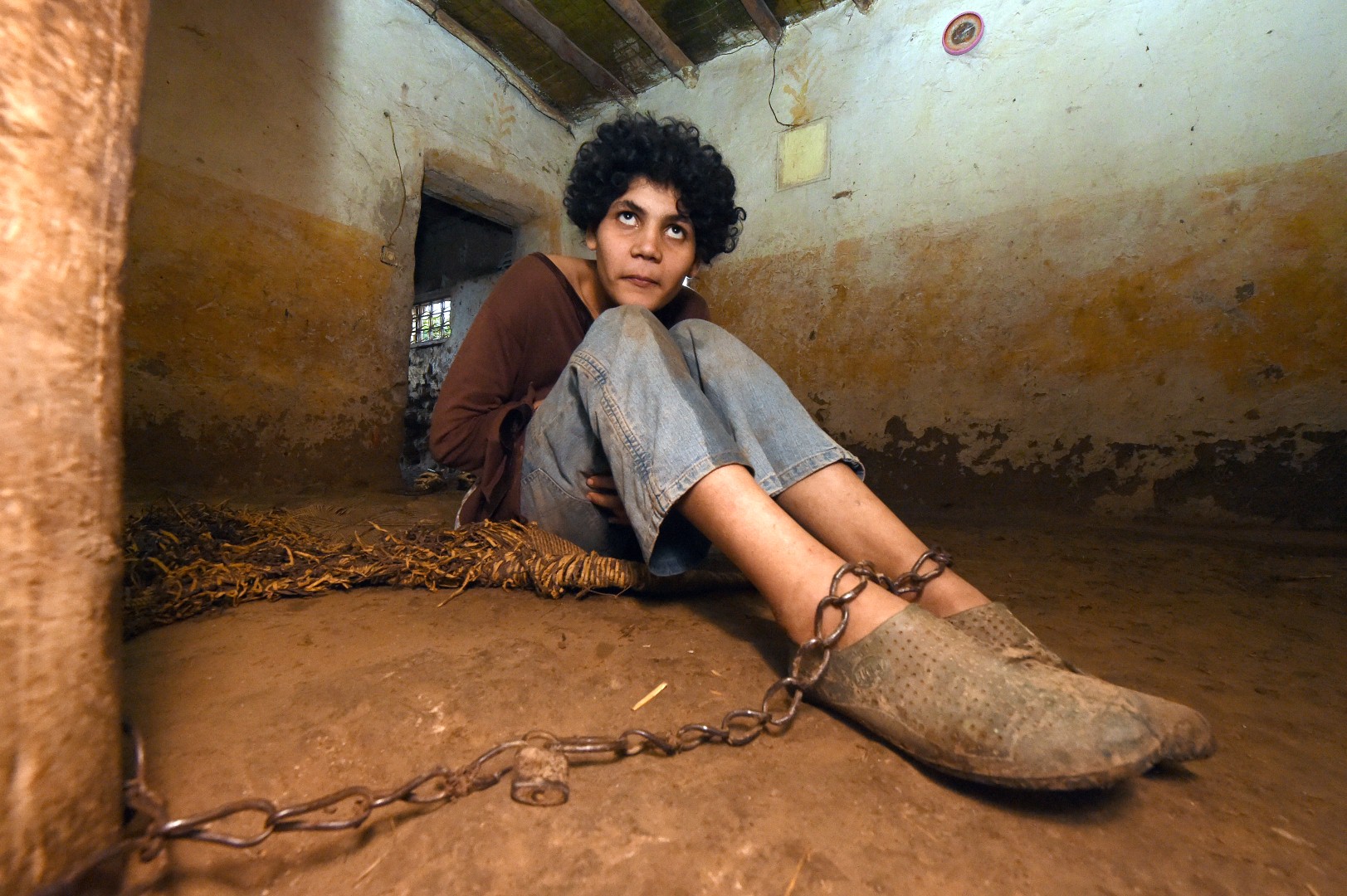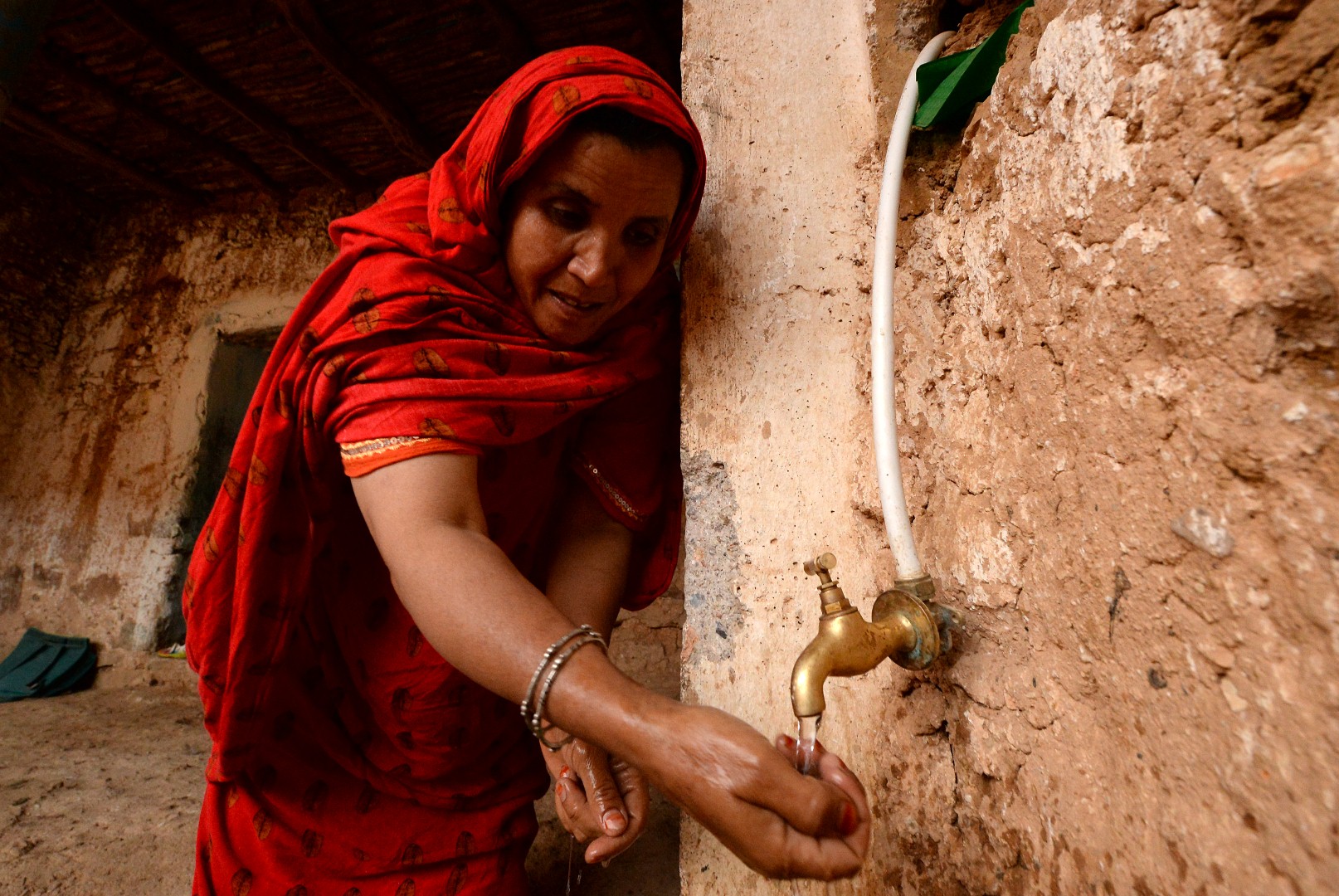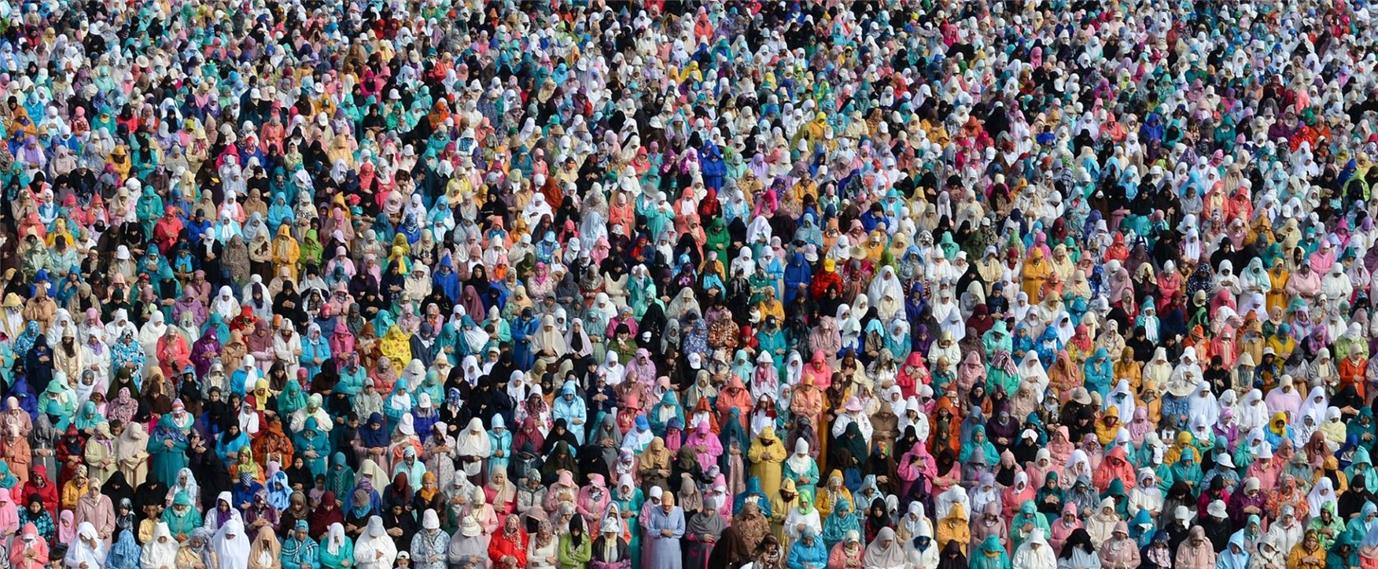يقول مثل قديم في المغرب "تْبّع حرفة بوك لا يغلبوك"، بمعنى اتبع حرفة والدك كي لا تجد مشاكل فيتحصيل لقمة العيش. غير أن مصوّر وكالة الأنباء الفرنسية في المغرب فاضل سنا، لم يحتج إلى تذكر هذا المثل وهو يقتفي آثار والده عبد الحق سنا في عالم التصوير. فإذا كان ذلك المثل لا يصدق كثيرا في الواقع، فإن فاضل صَدَق نفسه واقتنع أن لا حياة له من دون التصوير، بعدما ترعرع في كنف أسرة حوّلت حياتها إلى ورش تصوير مفتوحة.
منذ الثمانينيات وحتى العام 2012، كانت صور الوالد عبد الحق سنا تساعد آلاف الصحفيين في تتبع الأحداث المغربية والجزائرية والفرنسية والإسبانية.. رافقته أسرته في رحلته مع وكالة الأنباء الفرنسية من باريس إلى الجزائر إبّان الحرب الأهلية، ثم إلى الرباط فمدريد، فواشنطن لفترة قصيرة. وفي كل هذه المحطات، كان الابن فاضل يرتشف عبق التصوير، إلى أن قرر مغادرة ميدان هندسة الصوت -الذي حصل فيه على شهادة عليا بفرنسا- والتفرّغ لمهنة التصوير.
بعدما تقاعد عبد الحق سنا من عمله مع وكالة الأنباء الفرنسية، دعت هذه الأخيرة عشرة مصوّرين مغاربة لاجتياز امتحان لتعويض مكانه، وكان فاضل من بينهم بعدما دأب على بيع بعض الصور لها.. نجح في الامتحان بامتياز وأضحى منذ العام 2012 مصوّرها الرسمي في المغرب.
يتذكر فاضل أن الاختبار الميداني الذي صوَّره كان مشهد تفريق احتجاج للعاطلين في الرباط بالقوة، وكيف اعتقله رجال الأمن بسبب عدم توفره على ترخيص.. لم تتوقف المعاناة عند حدود البدايات، بل استمرت وهو يذهب إلى تونس لتغطية الانتخابات التشريعية، فوجد نفسه مجبرا على تغطية مواجهات دامية بين الأمن التونسي وجماعات جهادية.. على مدى ثلاثة أيام وهو ينام بين الأشجار في منطقة وادي الليل لالتقاط صور من عمق المواجهات.
في ميدان الصورة الذي يحتّم على المصور الصحفي الخروج إليه، وجد فاضل نفسه مرة أخرى معتقلا بهدف حمايته كما أخبره رجال الأمن. تعود القصة إلى أحد المواسم الشعبية نواحي مدينة مكناس (140 كلم شرق العاصمة الرباط)، عندما التقط صورة لامرأة تشارك في ممارسات خاصة بالشعوذة، تجمَّع حوله العشرات من المتورطين في هذه الممارسات.. يتطاير الشرر من أعينهم لأجل الفتك به، فما كان من رجال الأمن إلا أن ألقوا القبض عليه وأخذوه إلى مركز أمني قريب ليطلقوا سراحه لاحقا.
زيادة على المضايقات في أماكن تصير فيها آلة التصوير بمنزلة سلاح قاتل وجب التخلص من صاحبه، يجد فاضل صعوبة في التقاط صور للنساء اللائي صرن يتخوفن من الصورة بسبب انتشار سلوكيات سلبية لتشويه الصور في الشبكات الاجتماعية، أو وضع هذه الصور في مقالات مسيئة، دون الحديث عن العراقيل التي يجدها المصوّر الفوتغرافي في مدن حساسة أمنيا، إذ يصير لزاما عليه أن يتنقل بين أكثر من إدارة وأكثر من مسؤول، كي يستطيع التقاط بضع صور تليق بالمهمة التي أتى من أجلها.
من أكثر التجارب الإنسانية التي أثرت في فاضل سنا، تجربة التصوير في منطقة أنفكو، إحدى المناطق المغربية النائية المشهورة حيث يعيش السكان أوضاعا صعبة. يقول فاضل: "عندما تلتقط صورة لأحدهم، تحسّ أنك ترى إنسانا أصليا لم تعبث به المدينة ولا التقنية.. إنسانا يتناغم مع المشهد البارد الذي يحيط به، بل يكفي أن تنظر في وجهه كي تستشعر برد المنطقة والقساوة التي يعانيها".
سألنا فاضل عن ثلاث نصائح يقدّمها للراغبين في التقاط صور صحفية مميزة.. كان السؤال محرجا كما وصفه لأنه في بداية المشوار، لكن بعد إلحاح أجاب: "أولا، لا تنظر بعين الرضا إلى عملك، اترك الحكم يأتي من الآخرين، وحتى إن كان الحكم إيجابيا، شكّك في عملك وانتقده كي تتطور. ثانيا، أظهر في صورتك ما لا يعطيه الآخرون أهمية، أعط لجزء معيّن من الواقع الأهمية اللازمة، واحتفِ به في صورتك. ثالثا، لا تلتقط صورة دون موضوع، يجب أن تحتوي الصورة الصحفية على معلومات كثيرة تسمح باستخدامها في مقالات، فليس كل شيء قابلا للالتقاط".

أحداث رصدتها عين سنا











































